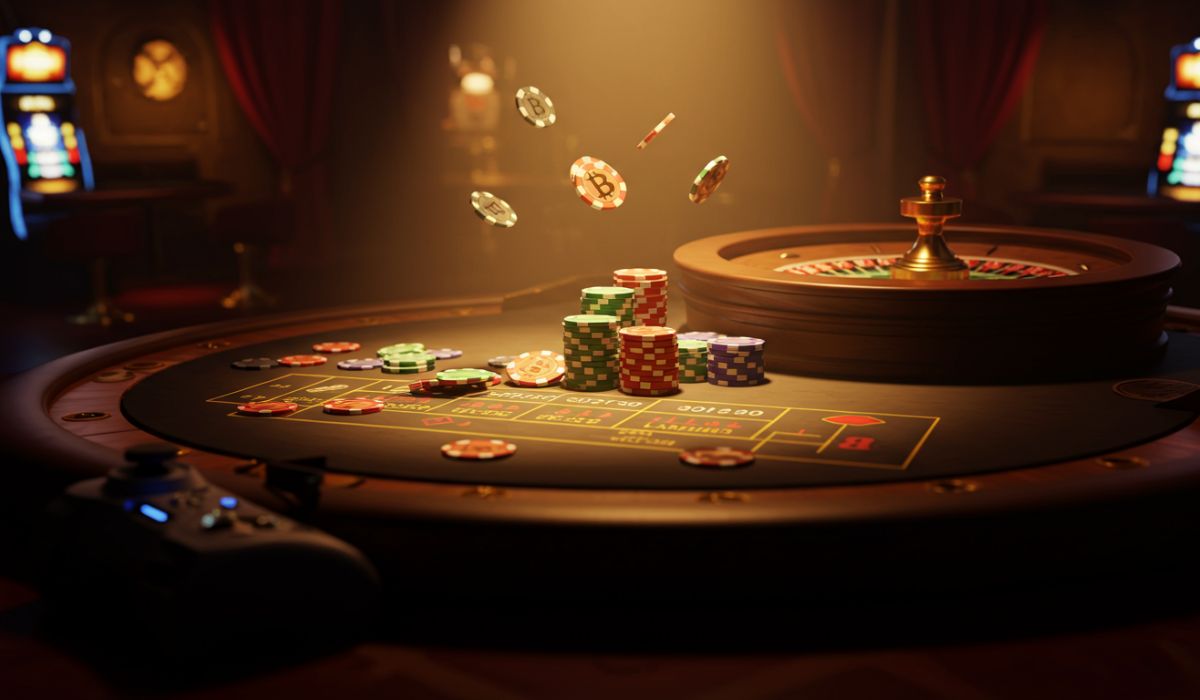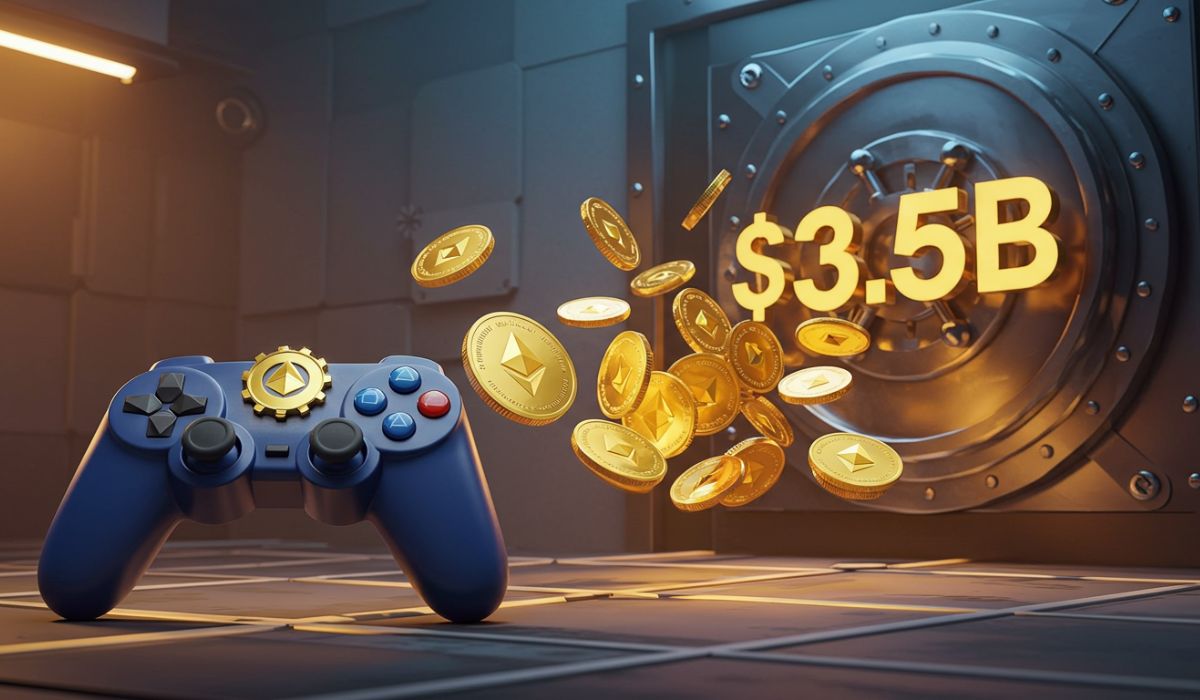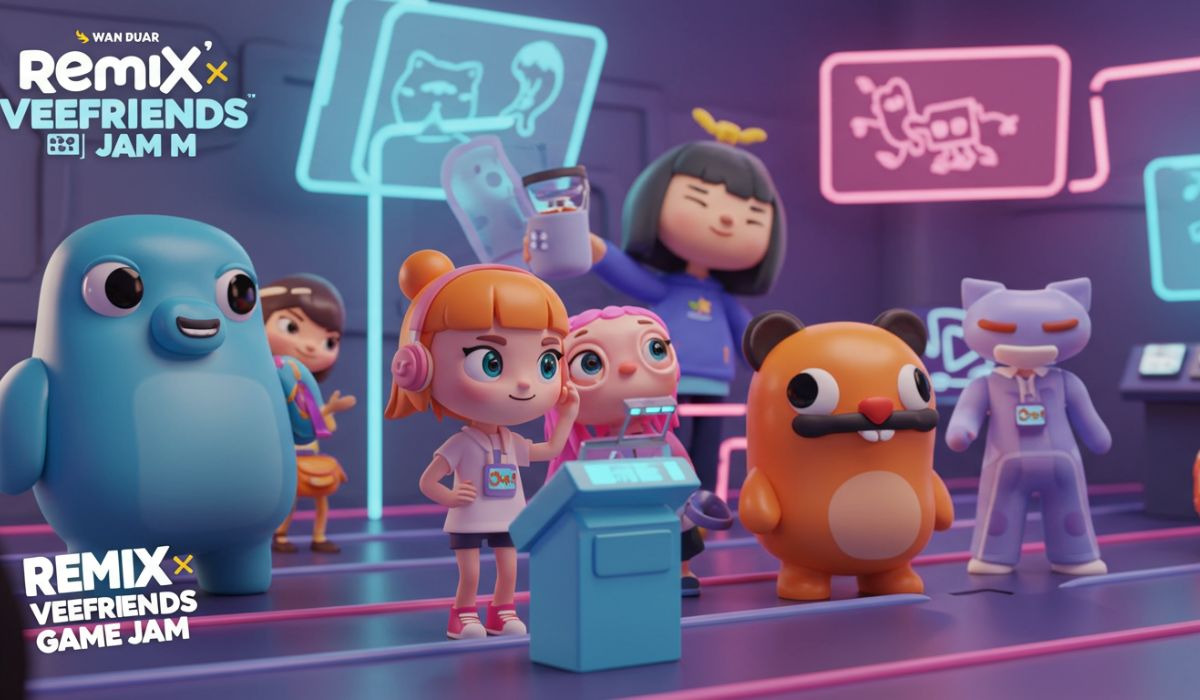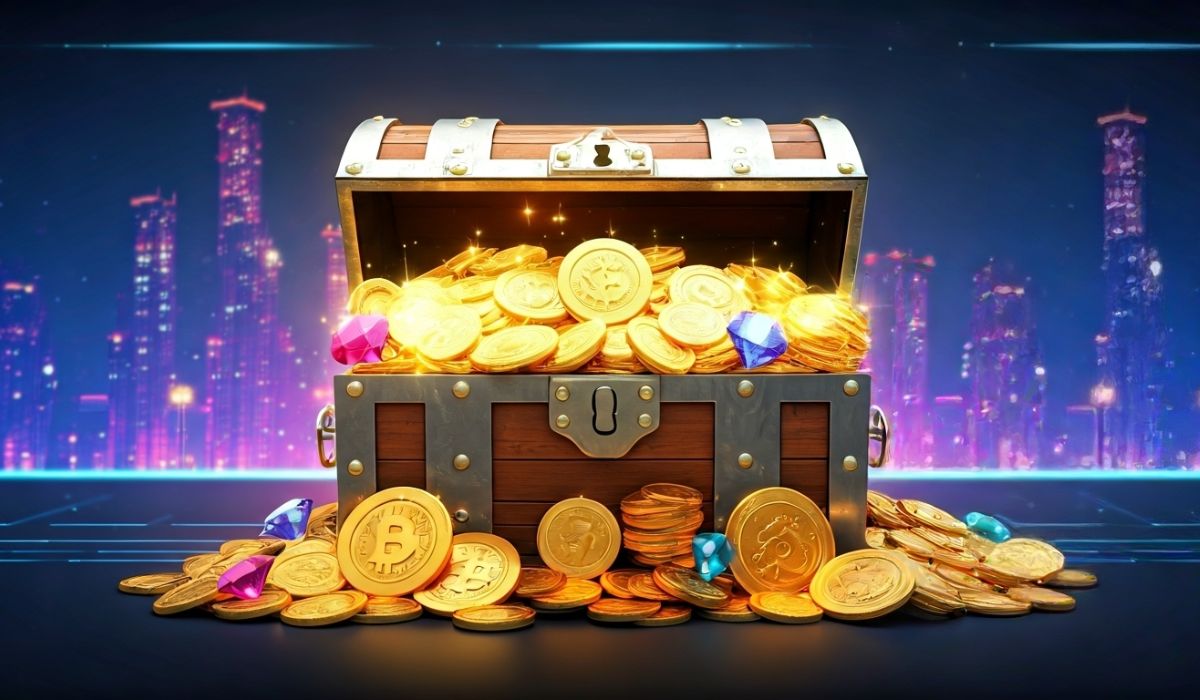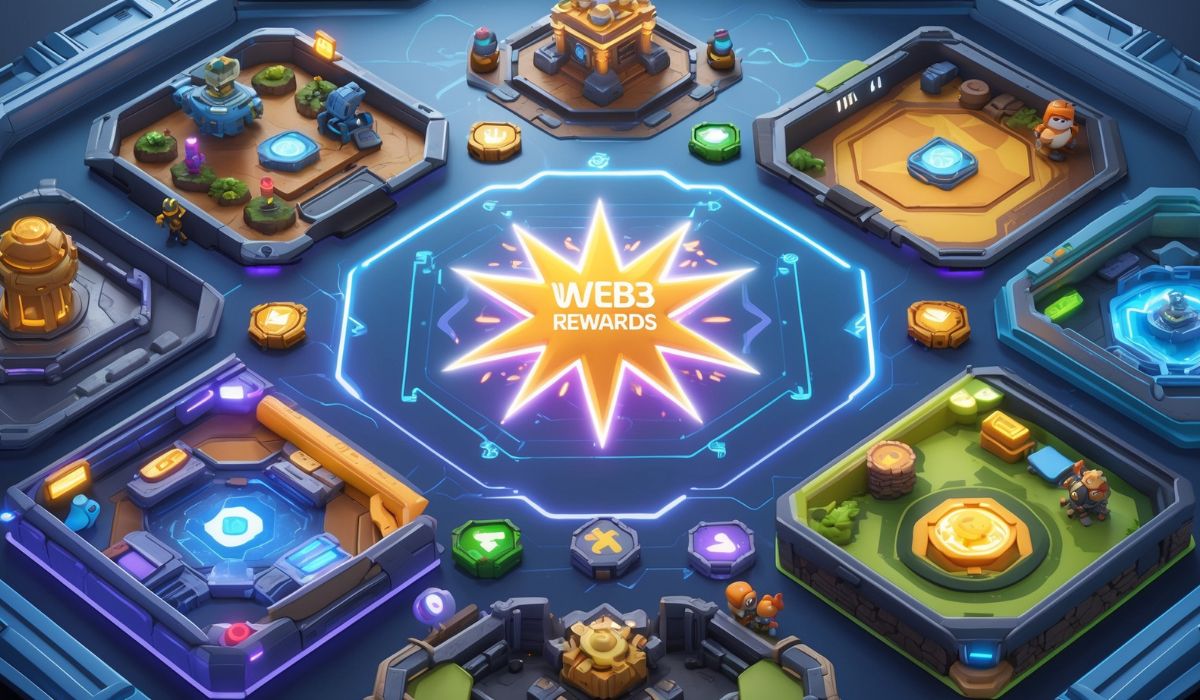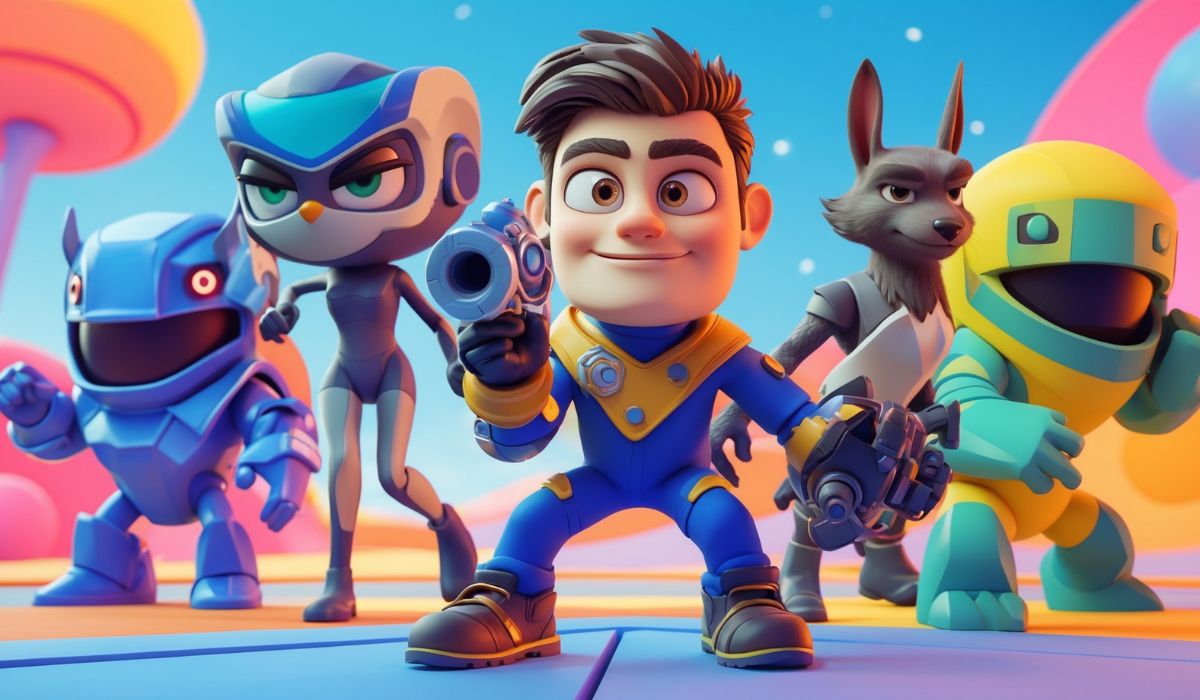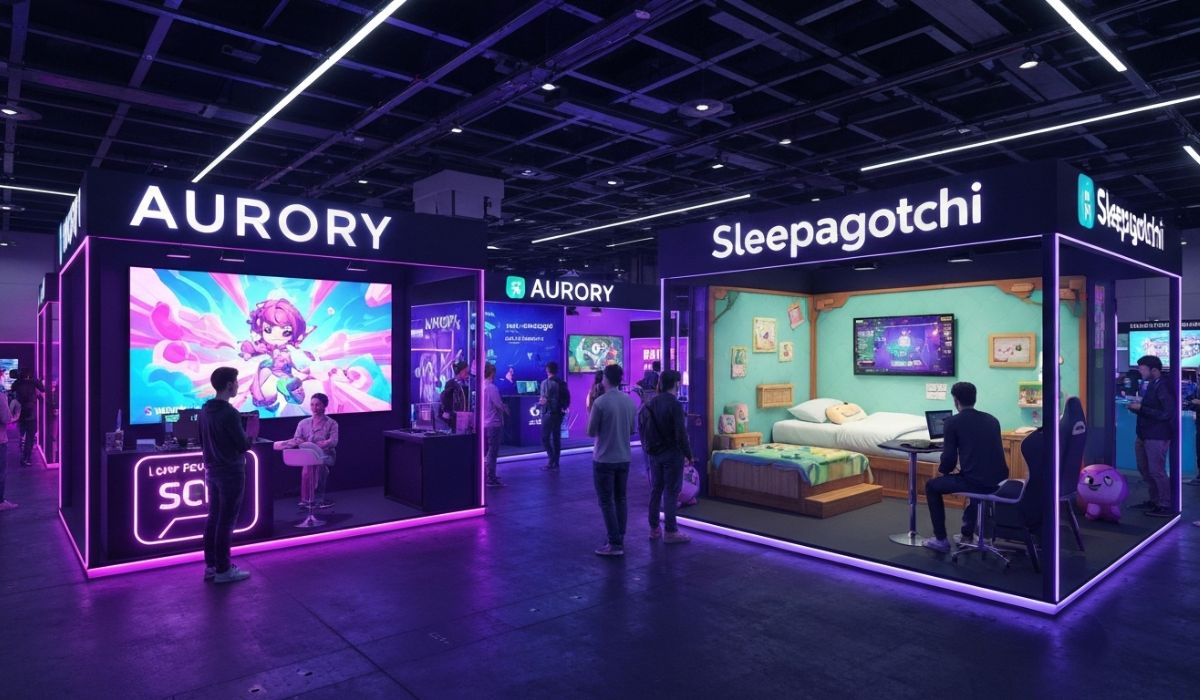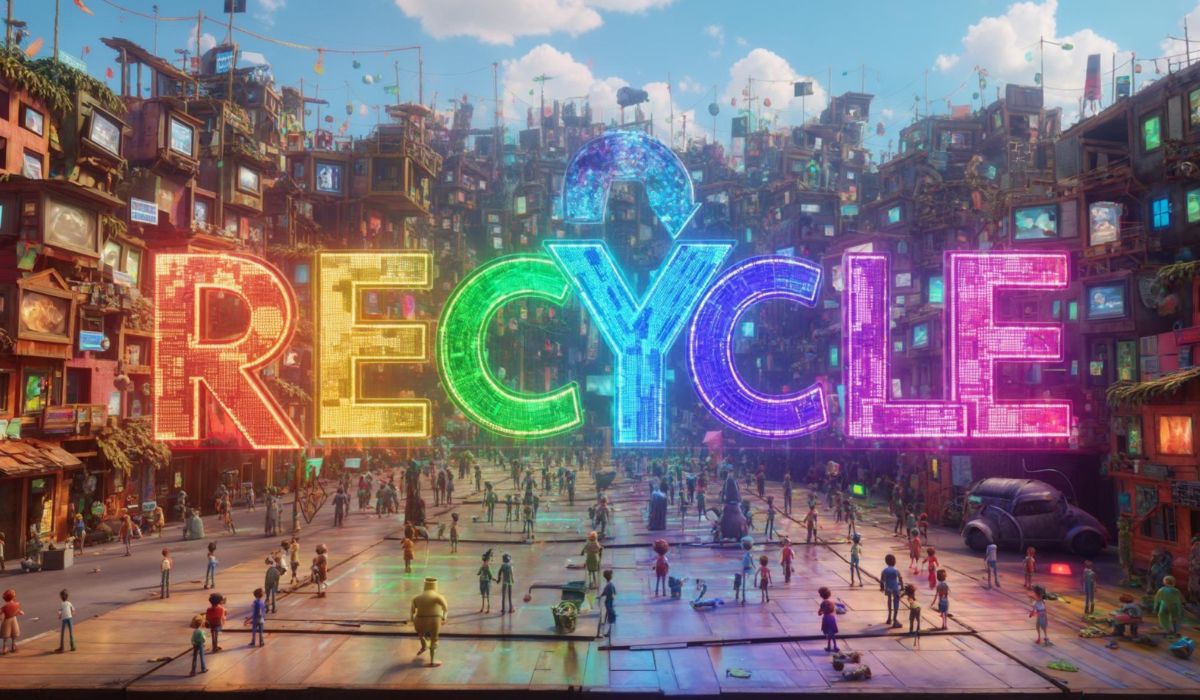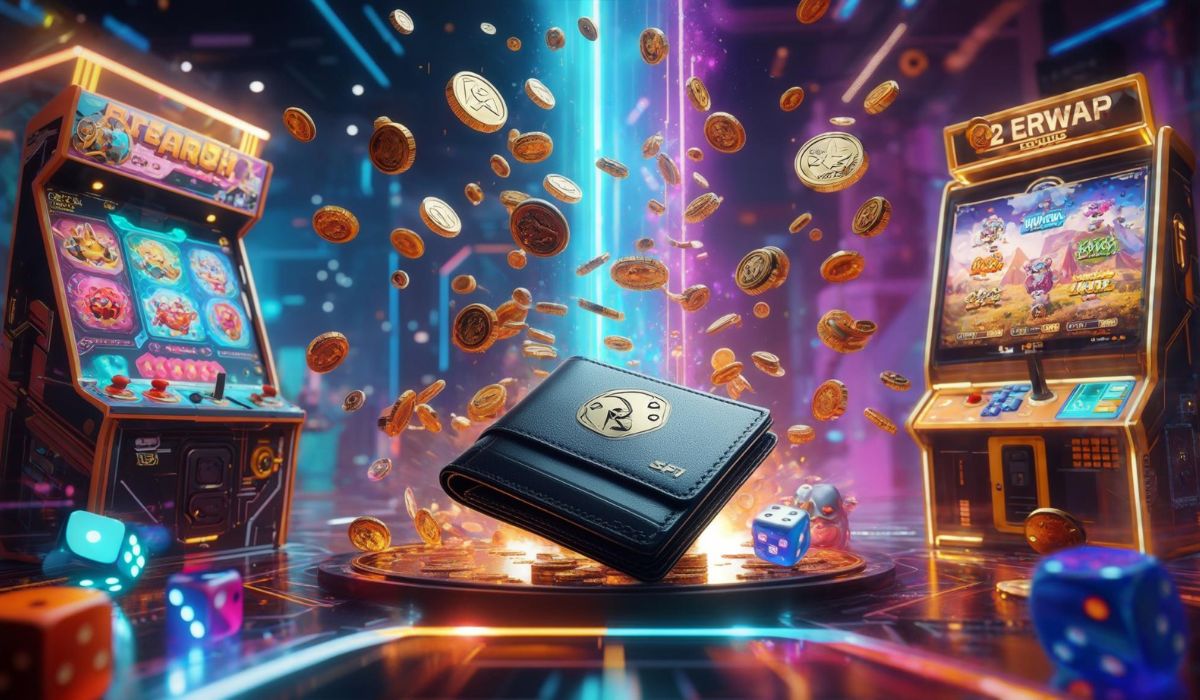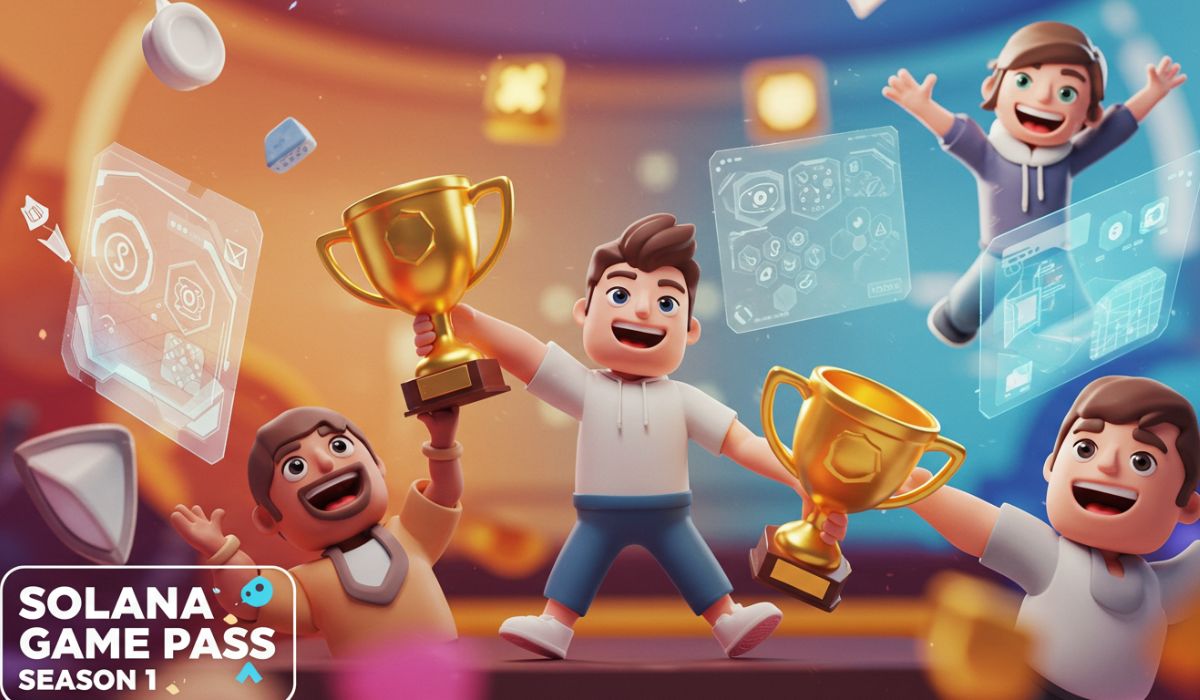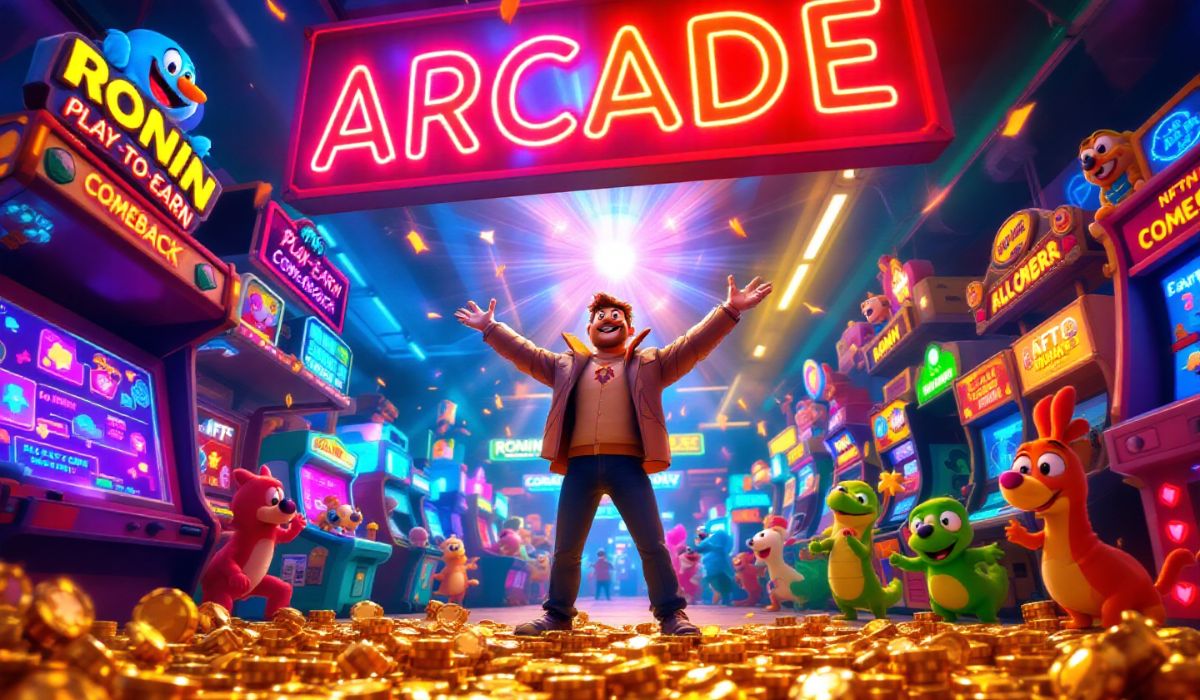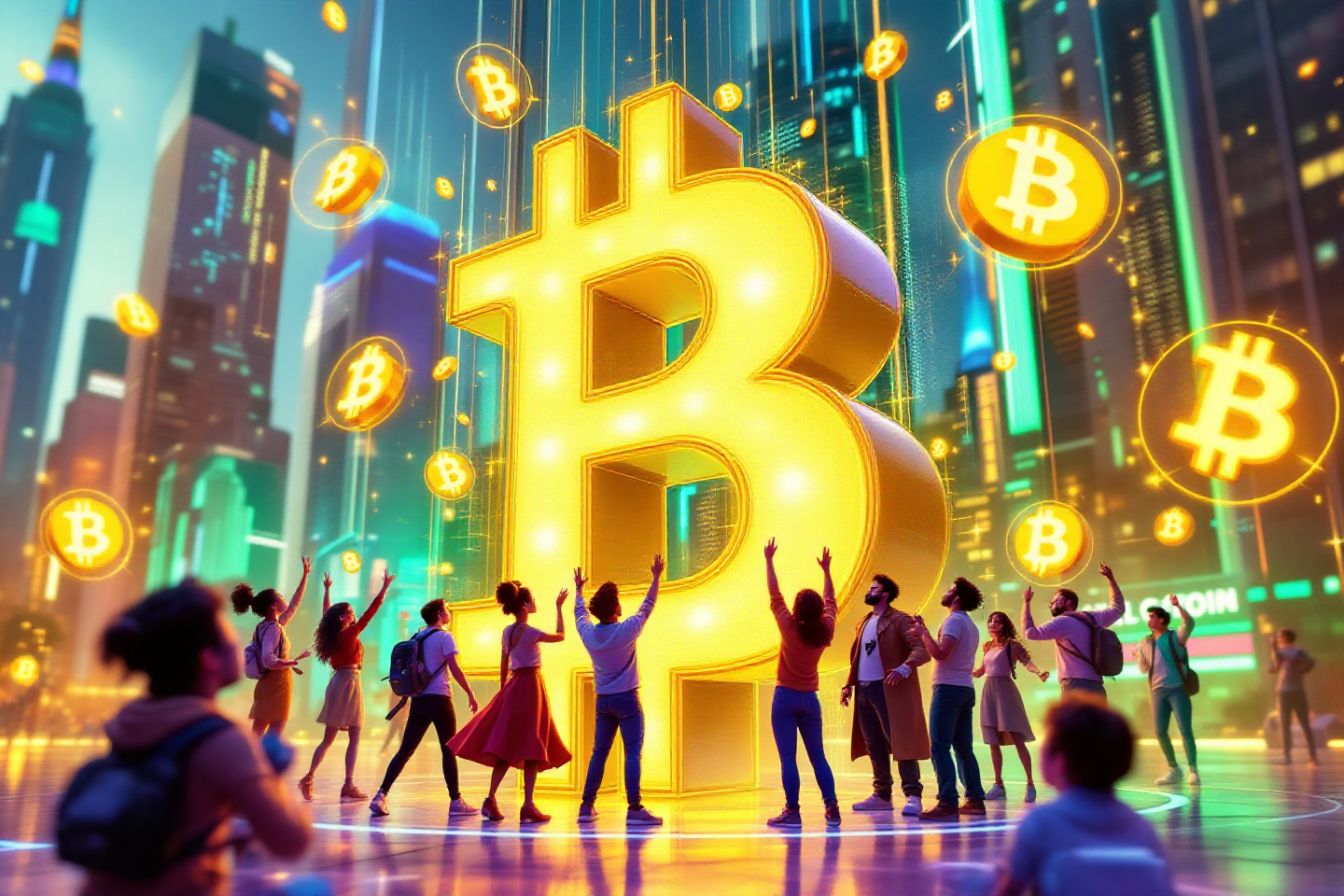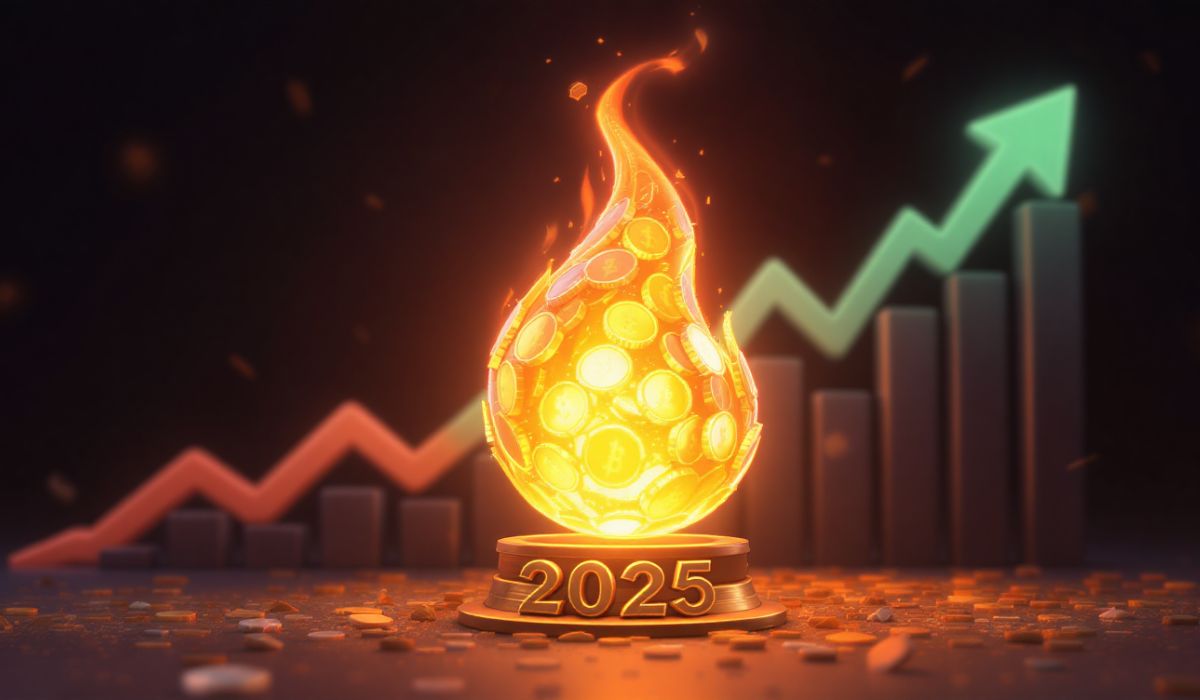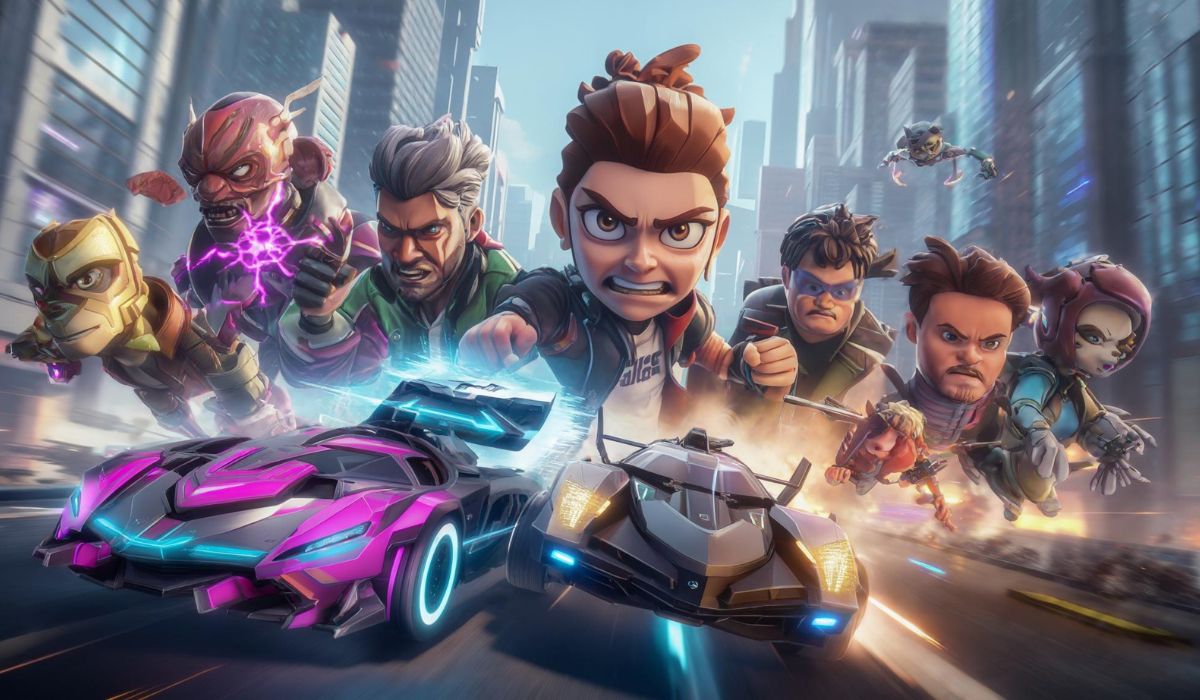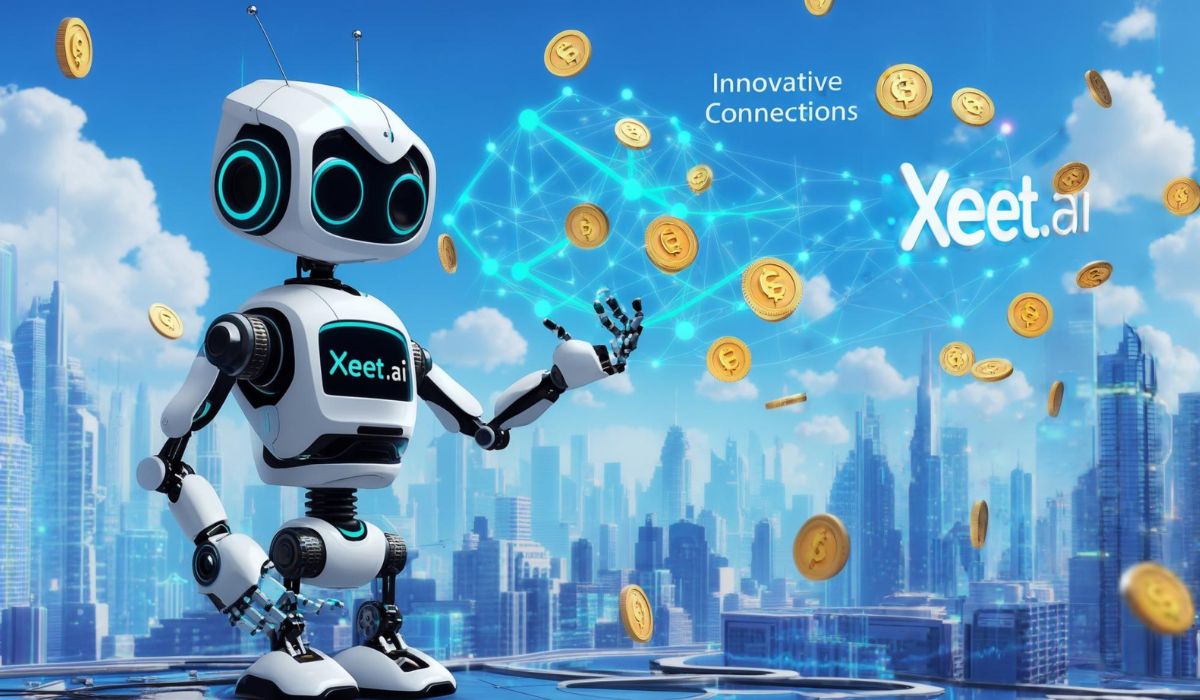
Blockchain Games Development
The gaming landscape is undergoing a seismic shift, with Blockchain Games Development at the forefront of this transformation. As we navigate through 2025, the fusion of gaming and blockchain is not just a fleeting trend but a fundamental evolution reshaping how games are developed, played, and monetized.
The Dawn of Decentralized Entertainment: Charting the Course for Blockchain Game Development’s Future
We’ve observed a profound shift in the gaming industry, driven by the integration of blockchain technology and its potential to revolutionize game development. This isn’t merely a fleeting trend; it represents a fundamental change in how games are conceived, designed, and experienced. The future of blockchain game development promises to empower players with true ownership, create decentralized economies, and redefine the boundaries of interactive entertainment. We’re not just discussing games; we’re analyzing a paradigm shift in digital entertainment.
The Development Framework: Building the Foundation for Blockchain Gaming’s Evolution
To truly grasp the significance of blockchain game development, we must delve into the development framework that underpins its evolution. This isn’t just about adding blockchain features; it’s about building games from the ground up with decentralized principles. We’ve seen a focus on leveraging smart contracts for in-game transactions, creating transparent and verifiable asset ownership through NFTs, and implementing decentralized governance models that empower player communities. Furthermore, the development of robust blockchain gaming infrastructure, including interoperable platforms and scalable networks, is crucial for fostering widespread adoption and creating immersive gaming experiences. We’re witnessing the creation of a new digital infrastructure.
The Rise of Play-to-Earn Models
Gone are the days when gaming was solely a pastime. The advent of play-to-earn (P2E) models has democratized the gaming economy, enabling players to earn tangible rewards through gameplay. By integrating blockchain, developers can create decentralized economies where in-game assets have real-world value. This paradigm shift empowers players, fostering deeper engagement and investment in gaming ecosystems.
Non-Fungible Tokens (NFTs): Redefining Ownership
Non-Fungible Tokens, or NFT’s, have emerged as game-changers in the industry. These unique digital assets, secured on the blockchain, grant players true ownership of in-game items—from rare skins to virtual real estate. Unlike traditional games where assets are confined within the game’s ecosystem, NFTs can be traded, sold, or showcased across various platforms, enhancing their value and utility.
Decentralized Autonomous Organizations (DAOs) in Gaming
The integration of Decentralized Autonomous Organizations (DAOs) is revolutionizing game governance. DAOs empower players to participate in decision-making processes, influencing game development, updates, and policies. This decentralized approach fosters a sense of community and ownership, aligning the interests of developers and players, and ensuring that gaming ecosystems evolve in a direction that resonates with their user base.
Integration with Augmented and Virtual Reality
The convergence of blockchain with Augmented Reality (AR) and Virtual Reality (VR) is unlocking immersive experiences previously confined to science fiction. Imagine exploring virtual worlds where you own and trade assets seamlessly, or engaging in AR treasure hunts with blockchain-verified rewards. This integration not only enhances gameplay but also opens new avenues for monetization and interaction within virtual environments.
Emergence of Cross-Chain Gaming
Cross-chain compatibility is addressing one of the significant challenges in blockchain gaming: interoperability. By enabling games to operate across multiple blockchain platforms, developers can leverage the strengths of various networks, enhancing scalability, speed, and user experience. This approach ensures that players are not confined to a single blockchain’s limitations, fostering a more inclusive and expansive gaming ecosystem.
Challenges and Considerations
Despite the promising advancements, blockchain game development faces challenges. Regulatory uncertainties loom over the integration of cryptocurrencies and NFTs in gaming. Environmental concerns regarding the energy consumption of certain blockchain networks also warrant attention. Moreover, achieving mass adoption requires educating players and developers about the benefits and functionalities of blockchain technology.
Read More: Top iOS Blockchain Games Revolutionizing Mobile Gaming in 2025
The Road Ahead
As blockchain technology matures, its integration into gaming is poised to become more seamless and widespread. Developers are encouraged to prioritize sustainability, transparency, and inclusivity in their blockchain initiatives. By doing so, the gaming industry can harness the full potential of blockchain, offering players enriched experiences and fostering communities built on trust and shared value.
In conclusion, the fusion of blockchain and gaming is not merely a trend but a transformative movement redefining the paradigms of play, ownership, and community in the digital age.
Revolutionizing Play: The Future of Blockchain Game Development.
Ultimately, the future of blockchain game development represents a transformative force in the gaming industry, empowering players with true ownership, creating decentralized economies, and redefining the boundaries of interactive entertainment. We’ve seen the development framework, the player empowerment, the economic model, and the creative frontier that contribute to its significance. By embracing decentralized principles and leveraging the power of blockchain technology, developers are creating a new era of gaming experiences that prioritize player agency and economic participation. We are witnessing the evolution of interactive entertainment.

